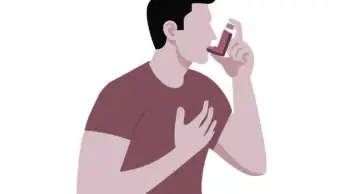
Sidney Moulds / Science Photo Library
Beta blocker therapy is given to almost all patients who have had a myocardial infarction (MI), with the dose often based on those established in early clinical trials. However, no large-scale study has addressed the effects of beta blocker dose on survival.
Writing in the Journal of the American College of Cardiology
[1]
(2015;66(13):1431–1441), Chicago-based researchers describe how the OBTAIN (outcomes of beta blocker therapy after myocardial infarction) study collected beta blocker dosing information for 6,682 patients who had an MI.
The researchers expected higher doses of beta blocker to be associated with increased post-MI survival. But it was patients who received a quarter of the dose established in earlier trials that had up to a 25% increase in survival compared with those who received higher doses.
Future research will now attempt to establish the optimal dose of beta blocker for individual patients.
References
[1] Goldberger JJ, Bonow RO, Cuffe M et al. Effect of beta-blocker dose on survival after acute myocardial infarction. Journal of the American College of Cardiology 2015;66(13):1431–1441. doi:10.1016/j.jacc.2015.07.047.


